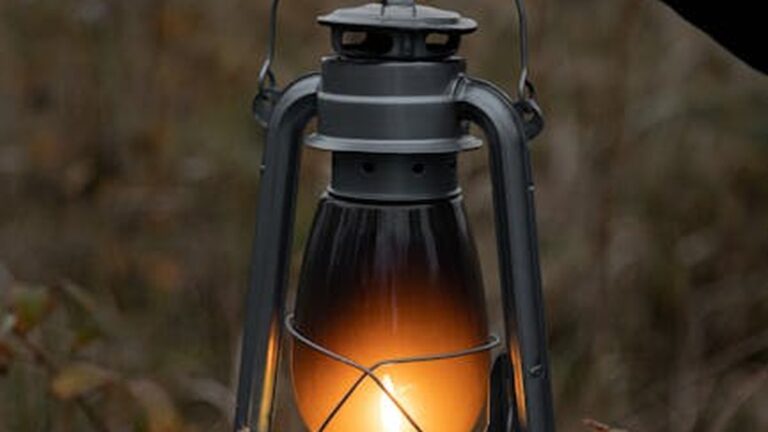Beyond the Flu Shot: Comprehensive Fall Preventative Healthcare Checklist for Adults
Fall is a beautiful time of year, with vibrant colors and crisp air. But it’s also a time when we need to be proactive about our health. While getting a flu shot is important, it’s just one piece of the puzzle. This comprehensive checklist will help you navigate fall preventative healthcare and ensure you stay healthy and thriving throughout the season.
Vaccinations: Your First Line of Defense
Vaccinations are a crucial part of preventative healthcare, especially as we head into the colder months when viruses tend to spread more easily.
Flu Shot: The Annual Essential
The annual flu shot is highly recommended for everyone six months and older. The influenza virus changes each year, so it’s important to get a new shot every fall. Getting vaccinated not only protects you but also helps protect those around you who may be more vulnerable to serious complications from the flu.
Pneumonia Vaccine: Especially for Seniors
Pneumonia can be a serious illness, especially for older adults and those with chronic health conditions. Talk to your doctor about whether the pneumonia vaccine is right for you. There are different types of pneumonia vaccines, and your doctor can help you determine which one is most appropriate based on your age and health history.
COVID-19 Booster: Staying Protected
Staying up-to-date with COVID-19 boosters is crucial for maintaining protection against the virus and its variants. Consult with your healthcare provider to understand the latest recommendations and schedule your booster shot accordingly.
Health Screenings: Catching Issues Early
Regular health screenings are vital for detecting potential health problems early, when they are often easier to treat.
Annual Physical Exam: A Comprehensive Overview
Schedule an annual physical exam with your primary care physician. This exam typically includes checking your vital signs (blood pressure, heart rate, temperature), listening to your heart and lungs, and performing a general physical assessment. It’s also an opportunity to discuss any health concerns you may have.
Cancer Screenings: Age and Risk-Based
Different cancer screenings are recommended based on age, gender, and risk factors. These may include:
- Mammograms for breast cancer screening
- Colonoscopies or other colorectal cancer screening tests
- Pap smears for cervical cancer screening
- Prostate-Specific Antigen (PSA) tests for prostate cancer screening (for men)
- Lung cancer screening for high-risk individuals
Talk to your doctor about which cancer screenings are appropriate for you.
Cholesterol and Blood Pressure Checks: Heart Health
High cholesterol and high blood pressure are major risk factors for heart disease. Regular checks are important, especially as you get older. Your doctor can recommend lifestyle changes or medications if needed to manage these conditions.
Diabetes Screening: Monitoring Blood Sugar
Diabetes is a common condition that can lead to serious health problems if left untreated. Talk to your doctor about whether you should be screened for diabetes, especially if you have risk factors such as being overweight, having a family history of diabetes, or being physically inactive.
Lifestyle Adjustments: Proactive Health Management
Making healthy lifestyle choices can significantly impact your overall health and well-being.
Nutrition: Fueling Your Body Right
Focus on eating a balanced diet rich in fruits, vegetables, whole grains, and lean protein. Limit processed foods, sugary drinks, and unhealthy fats. Fall is a great time to enjoy seasonal produce like apples, pumpkins, and squash.
Exercise: Staying Active
Aim for at least 150 minutes of moderate-intensity aerobic exercise or 75 minutes of vigorous-intensity aerobic exercise per week. This could include brisk walking, jogging, swimming, or cycling. Strength training exercises are also important for maintaining muscle mass and bone density.
Sleep: Prioritizing Rest
Getting enough sleep is essential for both physical and mental health. Aim for 7-8 hours of quality sleep each night. Establish a regular sleep schedule and create a relaxing bedtime routine.
Mental Health: Taking Care of Your Mind
Pay attention to your mental health and well-being. Engage in activities that you enjoy, spend time with loved ones, and practice stress-reducing techniques such as meditation or yoga. If you’re struggling with anxiety, depression, or other mental health concerns, seek professional help.
Fall Prevention: Reducing Risk of Injury
Falls are a leading cause of injury among older adults. Take steps to prevent falls by:
- Removing hazards from your home, such as loose rugs and clutter.
- Improving lighting in your home.
- Wearing supportive shoes.
- Having your vision checked regularly.
- Considering using assistive devices, such as a cane or walker, if needed.
By taking proactive steps to protect your health this fall, you can enjoy all the season has to offer and stay healthy and thriving throughout the year. Don’t hesitate to consult with your healthcare provider for personalized recommendations and guidance.






